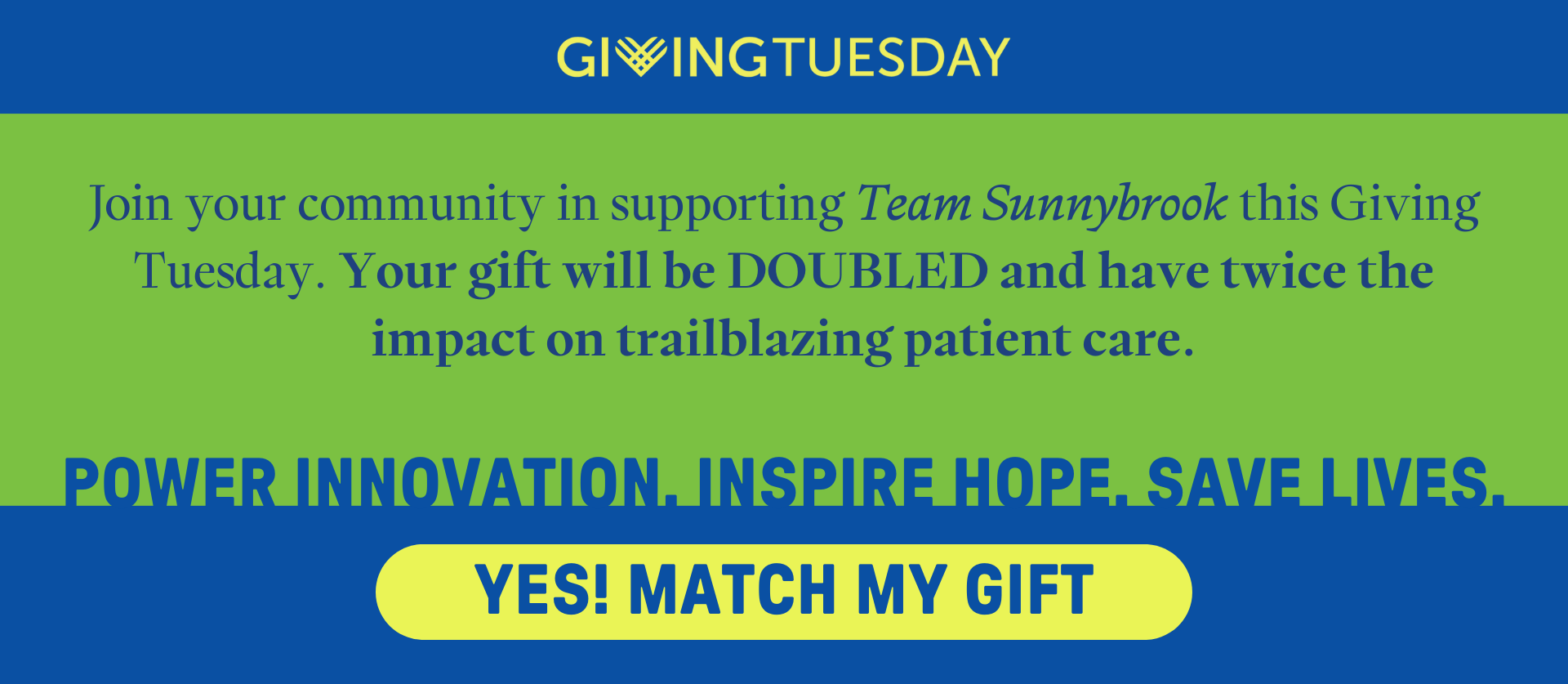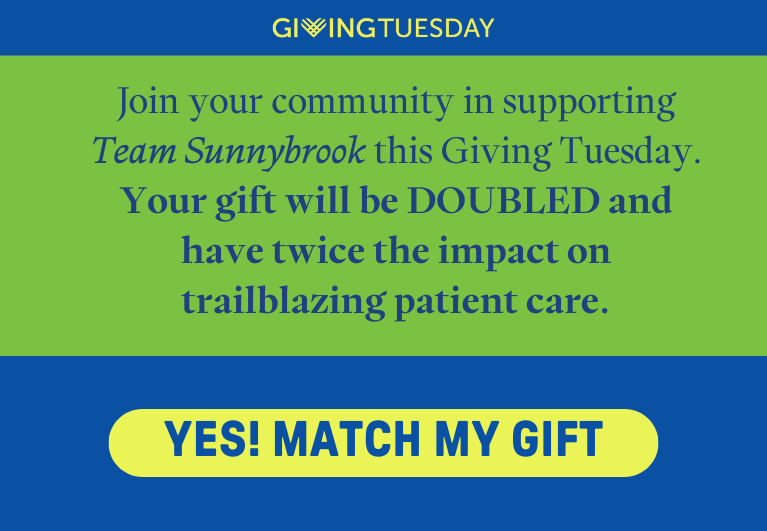Patients at Sunnybrook test managing their own health information with new electronic Continuity of Care Record
This month, Sunnybrook Health Sciences Center will launch the pilot program for an electronic Continuity of Care Record (CCR) system. The system enables the patient to create and manage their own "personal health record." The groundbreaking model is designed to streamline the delivery of health record information exchange between healthcare providers and patients, and also educate patients on the management of their own health information.
Sam Marafioti, Vice President responsible for eHealth at Sunnybrook says, "We believe that the Continuity of Care Record approach will be extremely beneficial to the consumers of healthcare."
Two of the challenges facing the Canadian healthcare system today include the lack of integrated information exchange amongst care providers themselves and also with their patients. Patients continue to be frustrated with our complex health system and these gaps in the continuum of care.
"I continue to express the urgent need for patients to access their own medical information, such as clinic visits, notes, test results and the like," says Veronica Maidman, a patient in the trial and supporter of our health care system. "It is very disconcerting that I do not have access to my health information when I travel or see other physicians. Gaining access will
eliminate the need to always ask for copies of tests and reports. I am thrilled that Sunnybrook & Women's recognizes the need for change and focuses on the patient's personal needs."
More and more, patients, like Veronica Maidman, are taking a greater interest in managing their own health and healthcare information, researching and gathering disease specific information, and participating in treatment decisions. This indicates a new type of consumer and a need to meet new expectations.
Sunnybrook's CCR involves patients from Sunnybrook and community physicians' offices. These patients and providers will have access to personal health information through a password-protected system, which connects to a patient-specific Sunnybrook portal. It offers a series of self-managed services such as appointment scheduling, medication refills, patient diary, test results, email communication, and with the patient's expressed consent, the ability to share health information with other providers and caregivers from anywhere
at anytime. Sunnybrook & Women's will offer online help and arrange training sessions to assist patients with creating their own or a family member's health record.
"The patient will always have the greatest interest in their own healthcare and that of their family," says Sarina Lecce, Director, eHealth Strategies & Operations, Information and Communication Services. "In order for the consumer to be more effectively involved in managing their healthcare, it's time to put the necessary information in their hands.
The idea of electronic personal health records not only empowers consumers, it also improves clinical workflow by reducing the number of phone calls and forms that are exchanged in the process of referrals and consultations with frequent users, and collecting new patient information.
"As family physicians, we are often called upon to interpret what a patient remembers of their encounter with a specialist," says Dr. Jennifer Wyman, a family physician affiliated with Sunnybrook & Women's. "Being linked directly to the information will allow us to gain a more thorough understanding of the patient's history, and as a result we will function much more efficiently."
The portal will also enable patients to access updated information regarding educational initiatives such as program workshops and seminars and have the ability to register for these online.
Marafioti adds, "We are beginning to accept that the patient is a key stakeholder in the way we deliver care and once the consumer is empowered they will change the way healthcare is delivered."








